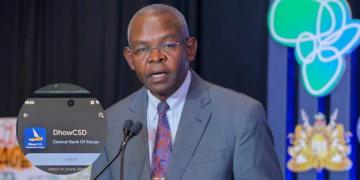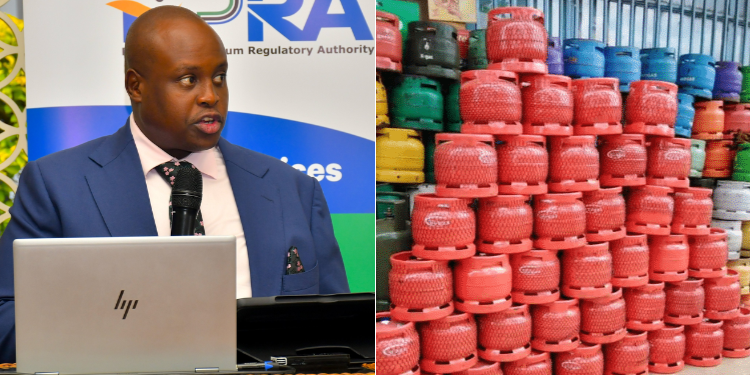The government plans to introduce maximum retail prices for cooking gas starting in October to protect consumers from volatile market rates, Energy and Petroleum Regulatory Authority (EPRA) Director General Daniel Kiptoo announced.
Kiptoo, while speaking on Wednesday, August 20, said the regulator has already established the legal and regulatory framework and is now engaging stakeholders on the Open Tender System (OTS) for bulk imports.
According to EPRA, the OTS will allow competitive bidding, with the lowest bidders awarded contracts to ship products for sale to wholesalers and onwards to retailers.
The plan also includes centralized importation and common-user facilities to reduce costs, with EPRA setting maximum retail prices.
“The framework is already in place, the OTS agreement is ready, it has been negotiated with the industry, so we are now just looking at a transition plan. We have to get Oil Marketing Companies to sign up on the Open Tender System Agreement,” Kiptoo explained.
“We also announced to start engaging with suppliers, take a decision as to running the first OTS, but also recognise there have been imports coming in privately, so we have to work on a proper transition plan. In terms of timelines, we are looking to ensure that we roll this out before the end of the year.”
EPRA to Introduce Maximum Retail Prices for Cooking Gas from October
The OTS is intended to help both households and commercial consumers access cooking gas at lower prices. It is also part of the government’s push to reduce the carbon impact of fossil fuels.
The system mirrors the model previously used to import petroleum products before the switch to a government-to-government deal.
Pricing under the OTS will be based on import costs, market rates, and local currency components, with suppliers competing to offer lower bids.
This differs from the current system, where importers apply their own markups, leaving consumers vulnerable to high prices.
Also Read: EPRA Announces Fuel Prices for August and September Cycle
Additionally, the OTS is expected to attract more oil marketing companies into the sector, ending the dominance of Africa Gas and Oil Ltd, which currently handles up to 90 percent of imported volumes with a 10,000-tonne storage facility in Mombasa.
This comes after the Cabinet in December last year approved centrally coordinated bulk procurement of Liquefied Petroleum Gas (LPG), Heavy Fuel Oil, and bitumen.
Petroleum imports, however, will continue under the Government-to-Government (G-to-G) arrangement with the Gulf, after the Cabinet extended the deal that has been in place since April 2023.
Also Read: How Proto Energy Converted 7,000 Tonnes of Carbon Dioxide to Clean Energy
President William Ruto last year said zero-rated taxes on LPG have expanded storage infrastructure nationwide, but emphasized that volumes, sustainability, and affordability remain critical for the sector’s growth.
He added that the government has developed robust policies, regulations, and standards to ensure growth while safeguarding health and safety.
“A thriving LPG sector promises significant economic benefits, including increased investment and job creation,” he said.
Gas Cylinder Prices in Different Companies
At Total Energies, a 3kg cylinder refill costs Ksh 995 in Nairobi, while purchasing both the cylinder and gas is Ksh 2,415. The 6kg refill is priced at Ksh 1,390, with the cylinder and gas retailing at Ksh 3,190.
For households using the 13kg option, the refill will cost Ksh 3,190, and the cylinder with gas is priced at Ksh 6,590.
Larger capacities include the 22.5kg cylinder, priced at Ksh 5,670 for refill and Ksh 13,170 with the cylinder. The 50kg refill costs Ksh 11,800, with the full set retailing at Ksh 23,300.
Meanwhile, Afrigas, which operates under Shell Energy, sells the 6kg Camping and Supa Jiko cylinder in Nairobi at KSh 1,390.
For medium to large households, the 13kg Afrigas cylinder is priced at Ksh 3,190, while larger users, including big families and small businesses, can opt for the 25kg cylinder, which costs Ksh 6,050 in Nairobi.
Follow our WhatsApp Channel and X Account for real-time news updates.
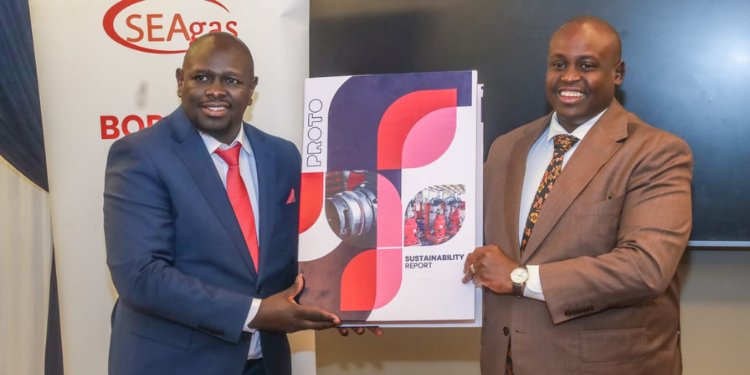

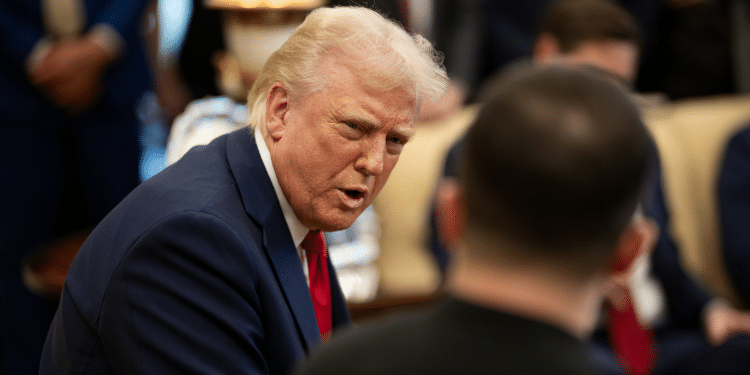



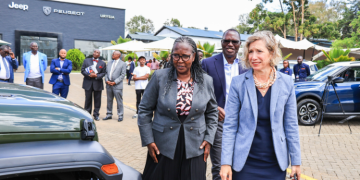

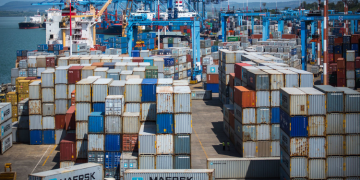
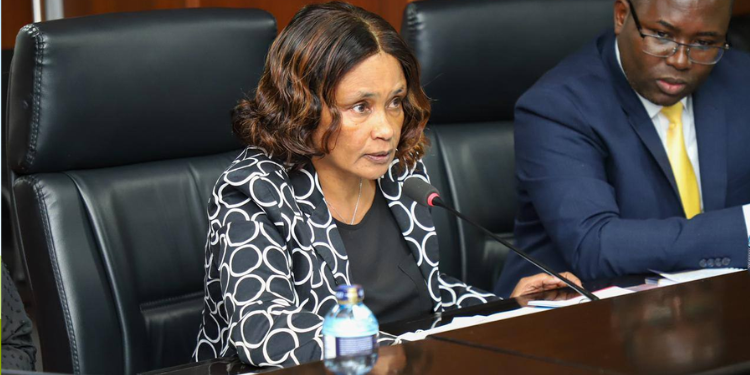









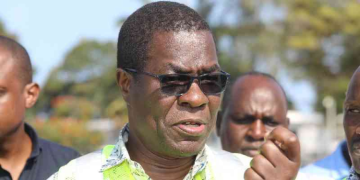

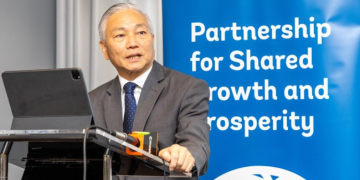
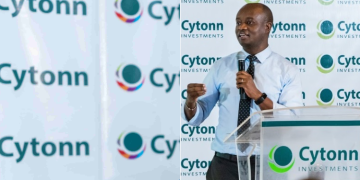
![Billions Each Top Kenyan Bank Has Made So Far In Profits This Year [List] Q3 2025 Results For Equity, Kcb, Co-Op, Absa And Other Banks]( https://thekenyatimescdn-ese7d3e7ghdnbfa9.z01.azurefd.net/prodimages/uploads/2025/11/C0-OP-KCB-Equity-Absa-360x180.png)
